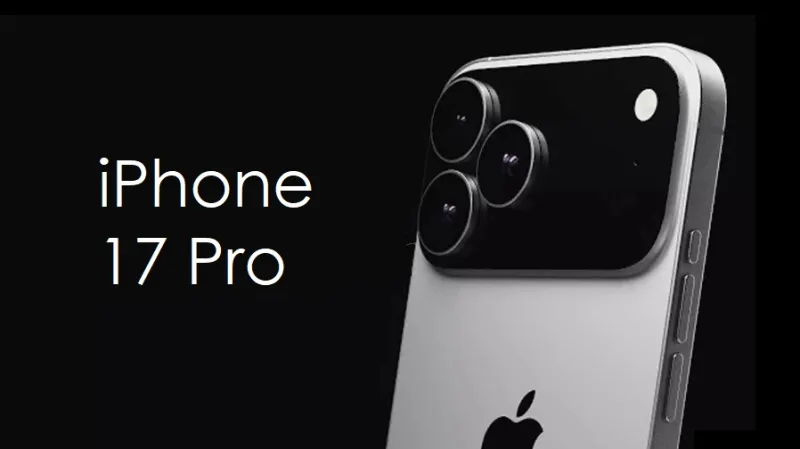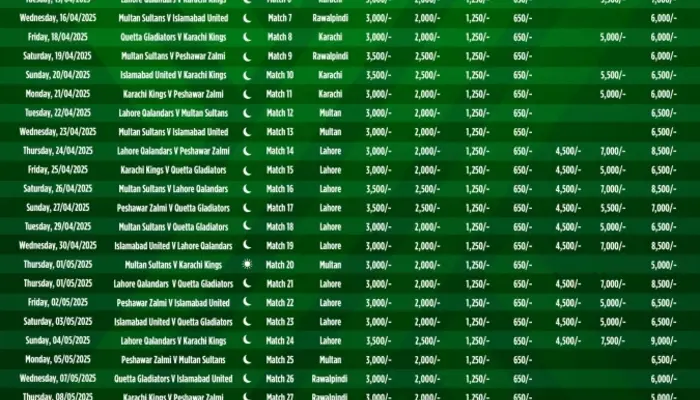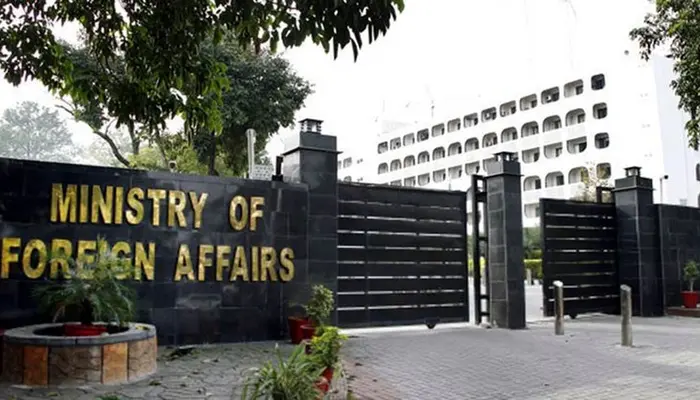Google CEO Discusses AI’s Impact on Programming
AI can assist existing programmers by allowing them to focus on higher-level tasks.

Google AI will soon process unemployment claims in Nevada. Recently, Google CEO Sundar Pichai addressed the potential of AI replacing entry-level programmers. He emphasized that this scenario is unlikely.
Pichai launched the 2024-25 President’s Lecture Series at Carnegie Mellon University. He toured research labs and engaged with faculty and students about emerging technologies. During the event, he officially inaugurated the new academic year’s lecture series.
As part of his discussion, Pichai highlighted the importance of transparency in the era of generative AI. He believes that AI should be seen as a collaborative tool, not a competitor. When students asked about AI’s impact on entry-level programming jobs, he pointed out that this question arises in many fields.
“The most likely scenario,” Pichai stated, “is that AI will help people.” He explained that AI can assist existing programmers by allowing them to focus on higher-level tasks. Instead of spending time fixing bugs repeatedly, programmers can concentrate on more complex aspects of their work.
Lowering the Barriers
Pichai shared his own experiences with AI’s efficiency gains at Google. He mentioned Cursor AI, an AI-powered code editor that enhances coding efficiency. “It lowers the barriers for who can program,” he said. The tool allows users to interact in a more natural language, making programming feel like a creative endeavor. This accessibility could empower more people to engage in programming.
Cursor AI offers various features, including intelligent code suggestions, code generation, and bug identification. It has a free Hobby tier, a Pro tier priced at $20 per month, and a Business tier for $40 per user per month.
Read: Maulana Fazlur Rehman Warns of Instability Amid Constitutional Failures
In addition to discussing AI, Pichai emphasized the role of clean energy in AI development. He pointed out the necessity of powering large data centers efficiently. He acknowledged the increasing interest in small modular reactors (SMRs) for nuclear energy. Moreover, he noted that capital investment is flowing into alternative energy sources to power computing facilities sustainably.
Pichai joined Google in 2004, where he initially helped develop Google Toolbar. Later, he led the development of Google Chrome, which has become the world’s most popular web browser. In August 2015, he became the CEO of Google. By December 2019, he was named the CEO of Alphabet, Google’s parent company.
Overall, Pichai’s visit to Carnegie Mellon served as a platform for discussing the transformative potential of AI’s impact. He believes that AI will enhance human capabilities rather than replace them. As he concluded, the focus should remain on using AI to empower individuals and improve workflows.
With this perspective, Pichai reaffirmed Google’s commitment to responsible AI development, emphasizing collaboration and clean energy as essential components of the future. As the landscape of technology continues to evolve, Pichai’s insights offer a glimpse into a more accessible and sustainable technological future.
Follow us on Google News, Instagram, YouTube, Facebook, Whats App, and TikTok for latest updates
















